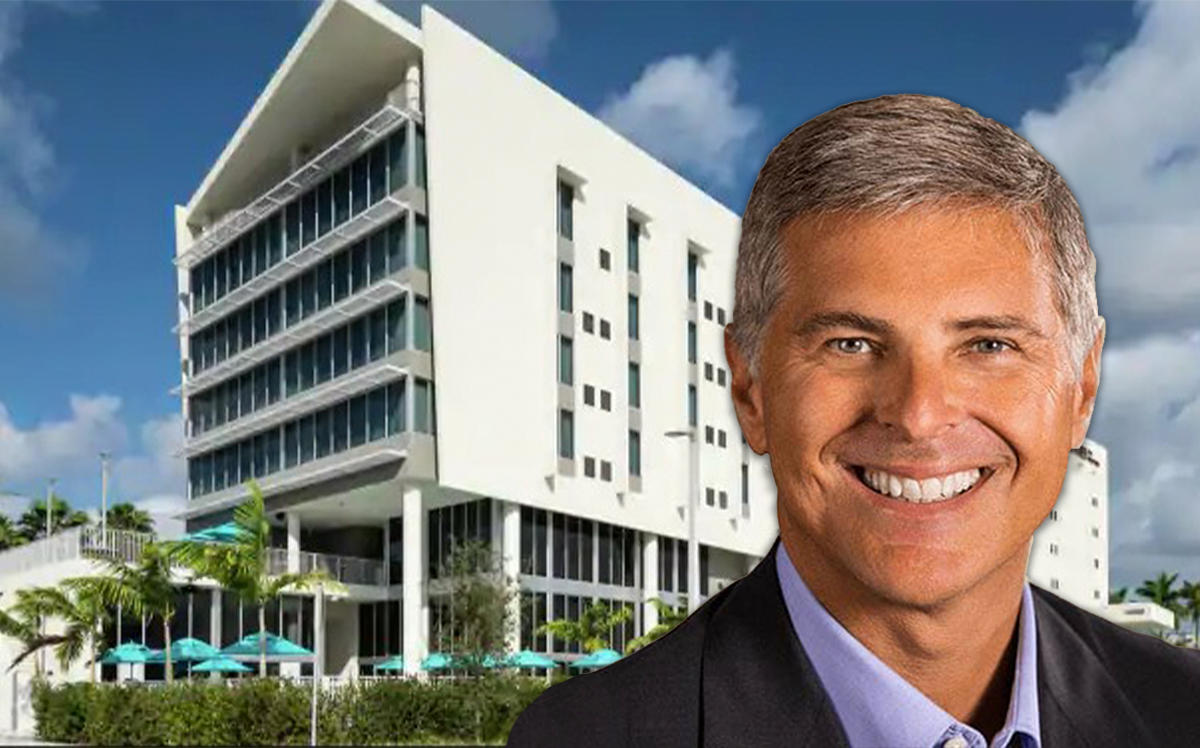Trending
Hilton CEO warns against ignoring global warming threat
Revenue per room and occupancy to slow in 2020, experts say

A lodging industry honcho said hotel companies need to do more to reduce the effects of global warming — before environmental regulators across the globe do it for them.
“Even if you don’t believe that we are, our industry is a huge contributor to energy usage and carbon output,” said Christopher Nassetta, CEO and president of Hilton Worldwide. “One of our No. 1 priorities is to make sure we are all responsible.”
Addressing attendees at an annual investors conference hosted by hotel builder Driftwood Acquisitions and Development, Nassetta pointed to the grassroots movement spreading through Europe known as “flight shaming” that encourages individuals to find alternate modes of transportation other than airplanes. “That is not helping the airlines,” Nassetta said. “And how do people get to our hotels? Planes.”
Nassetta, the keynote speaker at the event at the Biltmore Hotel in Coral Gables, said he is also concerned by the rise in populism and nationalism. “That’s not good when you close borders,” he said. “People don’t see the world, and travel is made more difficult.”
With less than a month left in 2019, Nassetta said he sees the hotel market hitting a small slump in the future. “I think the economy is going to be weaker than it has been in the next year or two,” he said. “I don’t believe it will be a recession.”
A national market presentation by Bobby Bowers, a senior vice president for STR, backed up Nassetta’s assessment. Through the first 10 months of 2019, revenue per available room nationwide grew by less than 1 percent, while supply grew by 2 percent.
For the Miami market, revenue per available room was negative 3 percent and the occupancy rate was 75 percent. “Occupancy is a little bit negative, as we move into next year,” Bowers said. “The rate of growth has been on a slow trajectory.”
Nassetta also said the proliferation of new niche hotel brands is nearing its peak. “I think we are getting close,” he said. “We are launching a mid-scale lifestyle brand we have been working on, and then I think we will take a break.”




